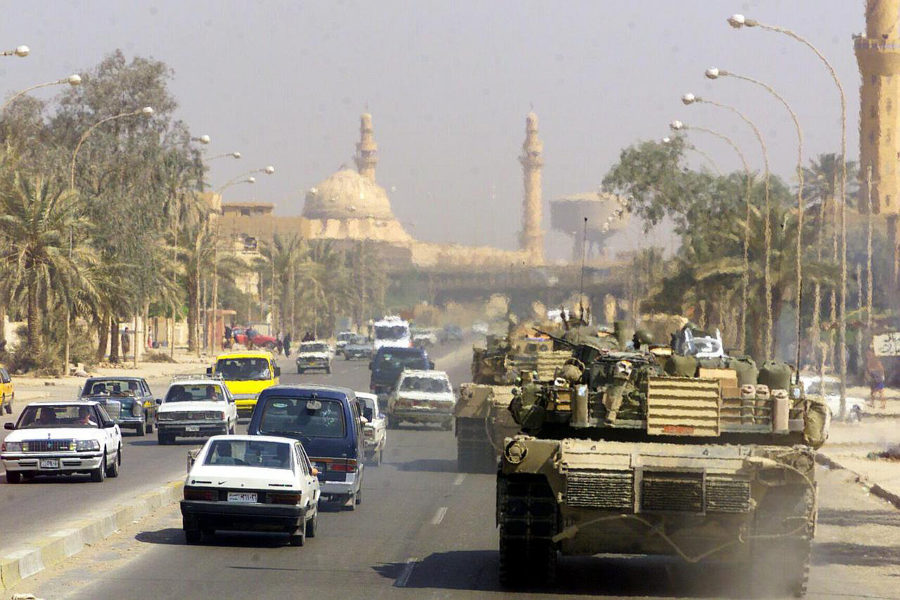Kurds Retreat from Kirkuk
October 31, 2017
On October 15th, Iraqi forces rolled into the Kurdish city of Kirkuk. This has been met with a mixed reaction from the international community. The Iraqi government doesn’t recognize Kurdistan as an independent nation, which has led to a conflict in U.S. policy; the U.S. is providing military support to Kurdish militants but doesn’t recognize its independence. This had led to some concerns that the U.S. will abandon them in favor of the status quo Iraqi government. Iraq’s Ministry Strategic resolution #1 is “To protect Iraq’s security and promote stability and preserve the unity and harmony of society.” From what can be drawn from this statement, Iraq will most likely not stop from reclaiming Kurdistan.
In the Middle East, the blatant apathy and hostility towards Kurds has been constant with Saddam Hussein committing genocide against the Kurdish people. (This has yet to be recognized by many governments.) Many Middle East nations also refuse to recognize the Kurdish PKK (Kurdistan Workers Party), which is a Communist organization fighting ISIS and the Turkish/Syrian governments. The U.S. State Department does not see the PKK as a terrorist organization and has made arms deals with the PKK to combat ISIS and the Assad regime. Kurds are largely credited by the United States for destroying ISIS as it was and liberating much of northern Iraq and Syria.
The region of Kurdistan in Irbil also has vast oil reserves that are coveted by the Iraqi government, and will most likely be the next target for Iraq and the Iranian militias that are helping the Iraqi military. This also comes on the heels of Russia becoming the largest financial contributor to Kurdistan, outclassing the United States in support for the fledgling Middle East state.
There is only speculation left in telling the future of the fledgling state, with many experts predicting the Kurdish forces will retreat into Syria to take their cut of the cake. Whatever the future holds, Kurdistan’s fate depends on it.






